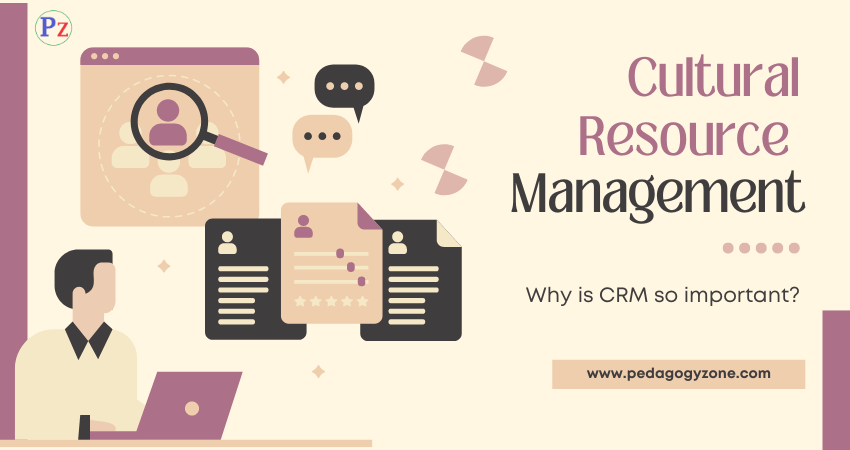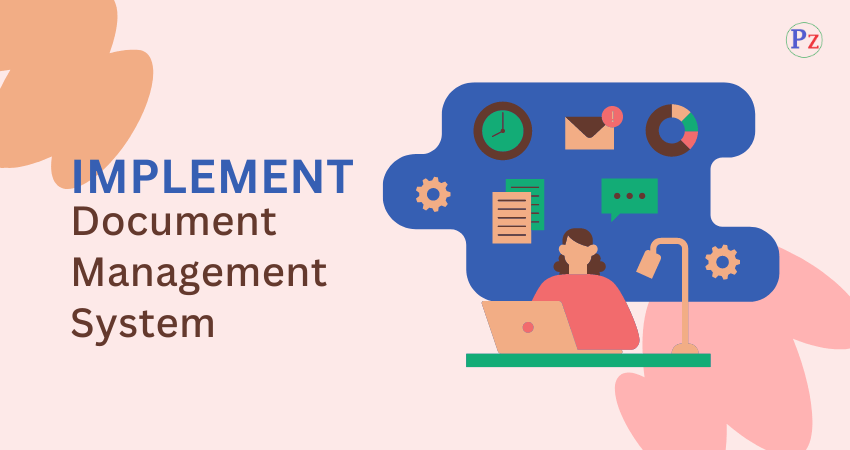Human resource planning is important for helping both organizations and employees to prepare for the future. The basic goal of human resource planning is to predict the future and based on these predictions, implement programmes to avoid anticipated problems.
Very briefly humans resource planning is the process of examining an organization’s or individual’s future human resource needs for instance, what types of skills will be needed for jobs of the future compared to future human resource capabilities (such as the types of skilled employees you already have) and developing human resource policies and practices to address potential problems for example, implementing training programmes to avoid skill deficiencies.
According to Vetter, “HRP is the process by which management determines how the organization should move from its current man power position to desired manpower position. Through planning, management strives to have the right time, doing things which result in both the organization and individual receiving maximum long run benefits”.
According to Gordon Mc Beath, “HRP is concerned with two things: Planning of manpower requirements and Planning of Manpower supplies”.
According to Beach, “HRP is a process of determining and assuming that the organization will have an adequate number of qualified persons, available at proper times, performing jobs which meet the needs of the enterprise and which provides satisfaction for the individuals involved”
Simply HRP can be understood as the process of forecasting an organization’s future demands for and supply of the right type of people in the right number. In other words HRP is the process of determining manpower needs and formulating plans to meet these needs.
HRP is a Four-Phased Process
The first phase involves the gathering and analysis of data through manpower inventories and forecasts,
The second phase consists of establishing manpower objectives and policies and gaining top management approval of these.
The third phase involves designing and implementing plans and promotions to enable the organization to achieve its manpower objectives.
The fourth phase is concerned with control and evaluation of manpower plans to facilitate progress in order to benefit both the organization and the individual. The long run view means that gains may be sacrificed in the short run for the future grounds. The planning process enables the organization to identify what its manpower needs is and what potential manpower problems required current action. This leads to more effective and efficient performance.





